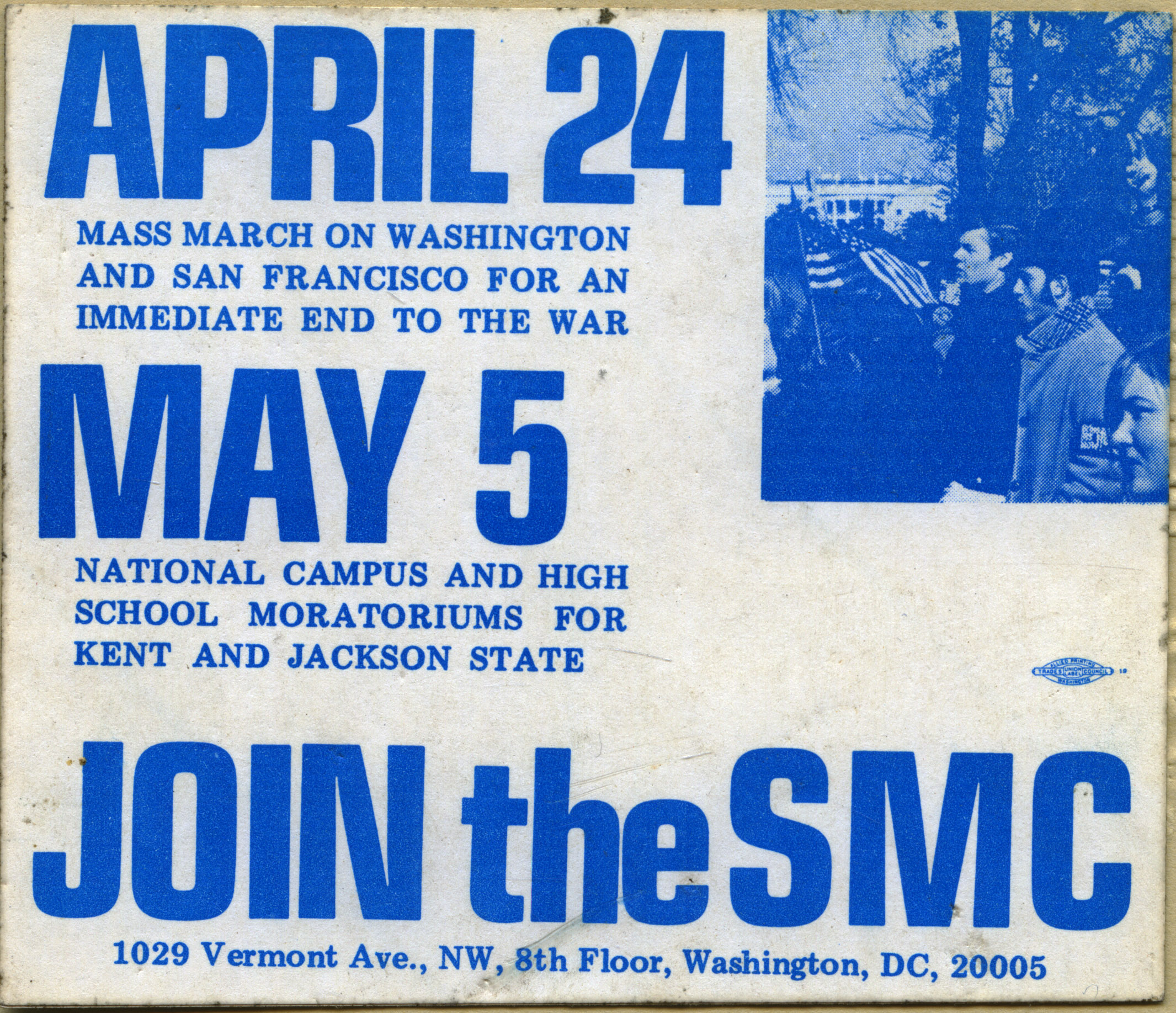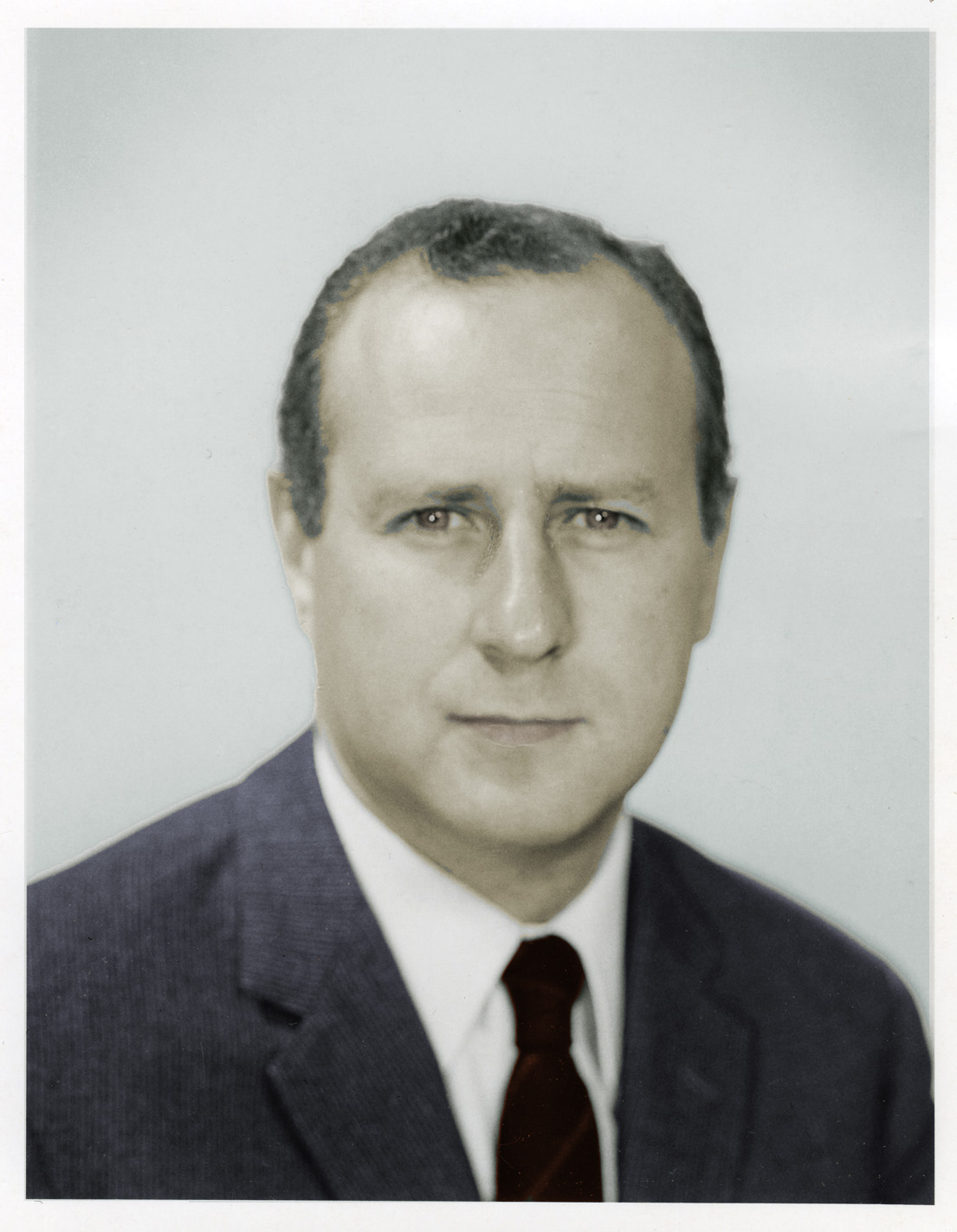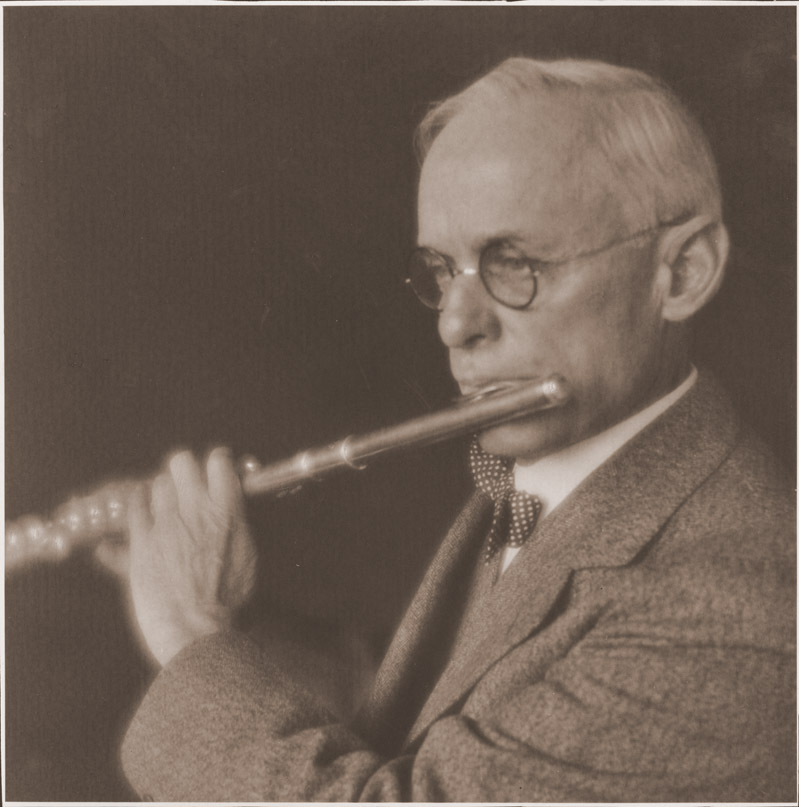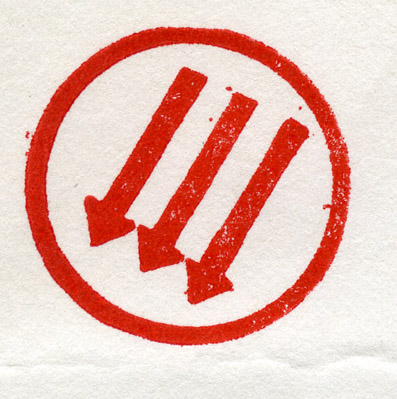Social Change Collection

The term social change is used in SCUA to refer to individuals and organizations who actively seek to better the world around them, as well as to individuals experiencing shifts in economic, cultural, and social life. Few movements for change exist in isolation. Following W.E.B. Du Bois, we recognize that seemingly disparate issues in social justice are often intrinsically and deeply interconnected, so that to create change in one area requires close attention to others. It is the flow of ideas, people, and organizations that constitutes the warp and weft of social change in the twentieth century.
Created to collocate small groups of manuscripts, documents, letters, and other unpublished materials relating to the history and experience of social change, the Social Change Collection is focused largely on movements of the 1960s and after. While entirely miscellaneous, the collection includes interesting material relating to the peace and antiwar movements during the 1960s, Students for a Democratic Society (SDS), the conflict in Vietnam, antiimperialist movements in Central and South America, and a small number of items relating to sexuality, gender, and feminism.



